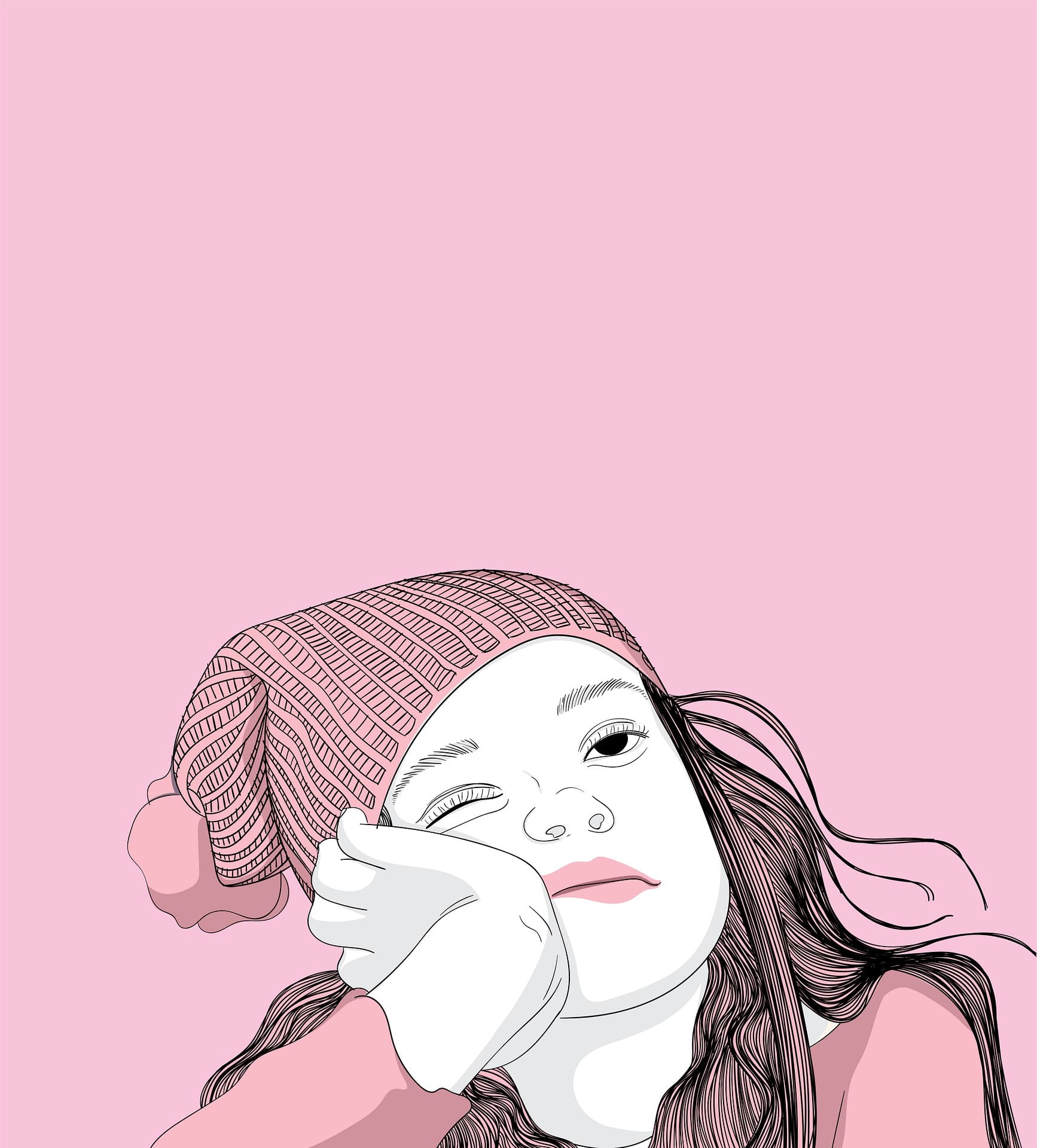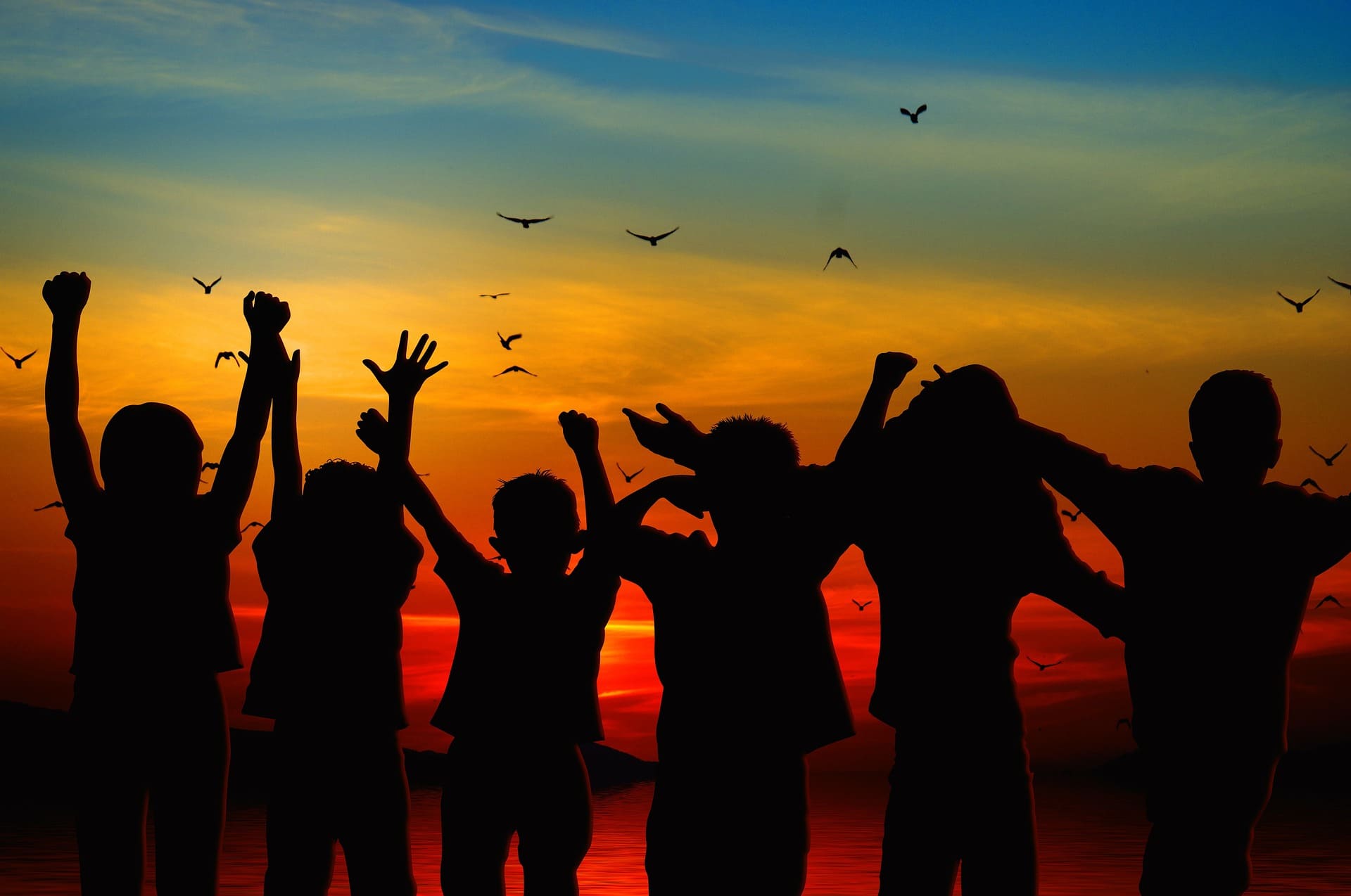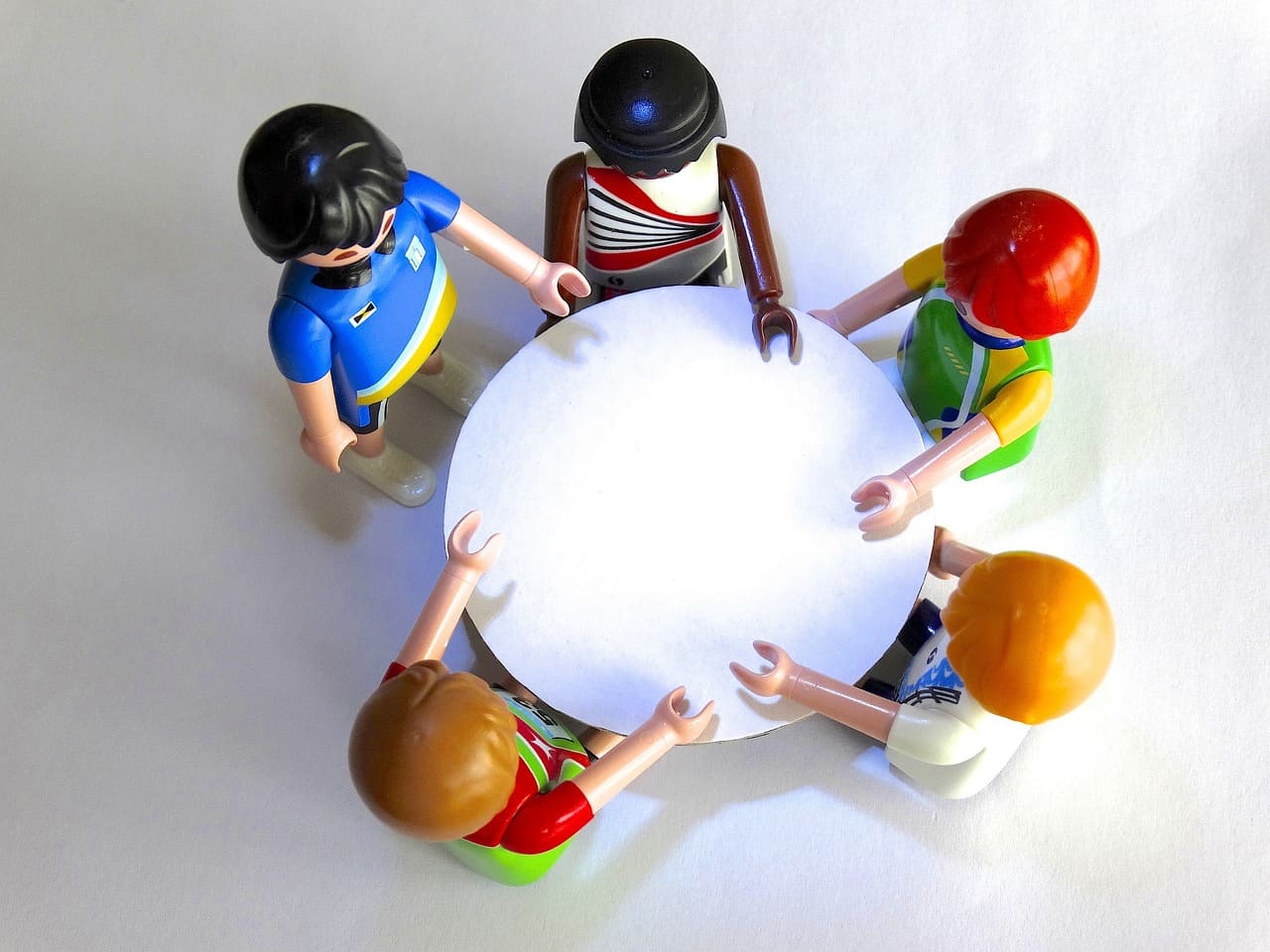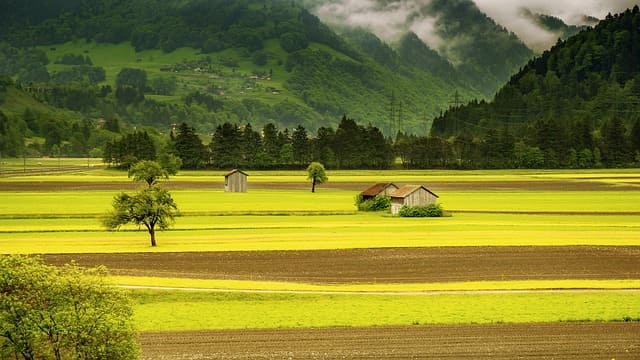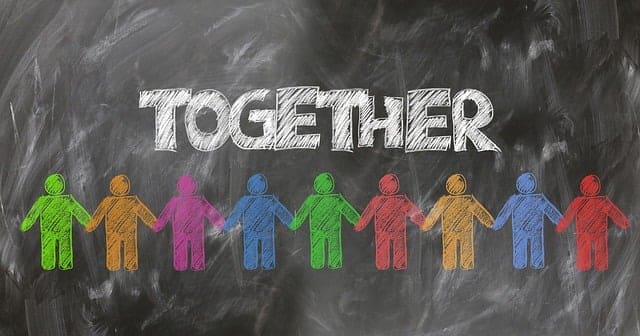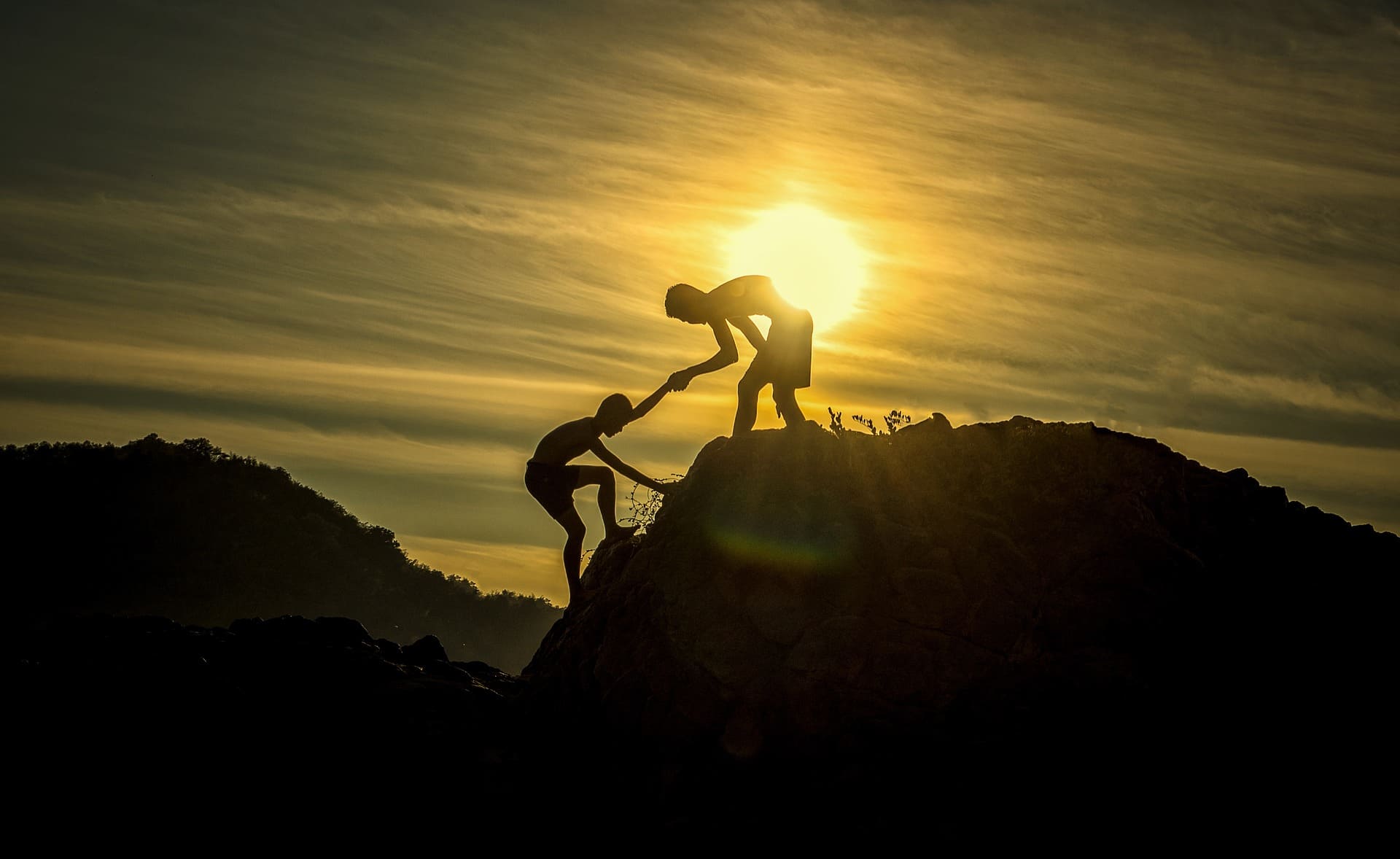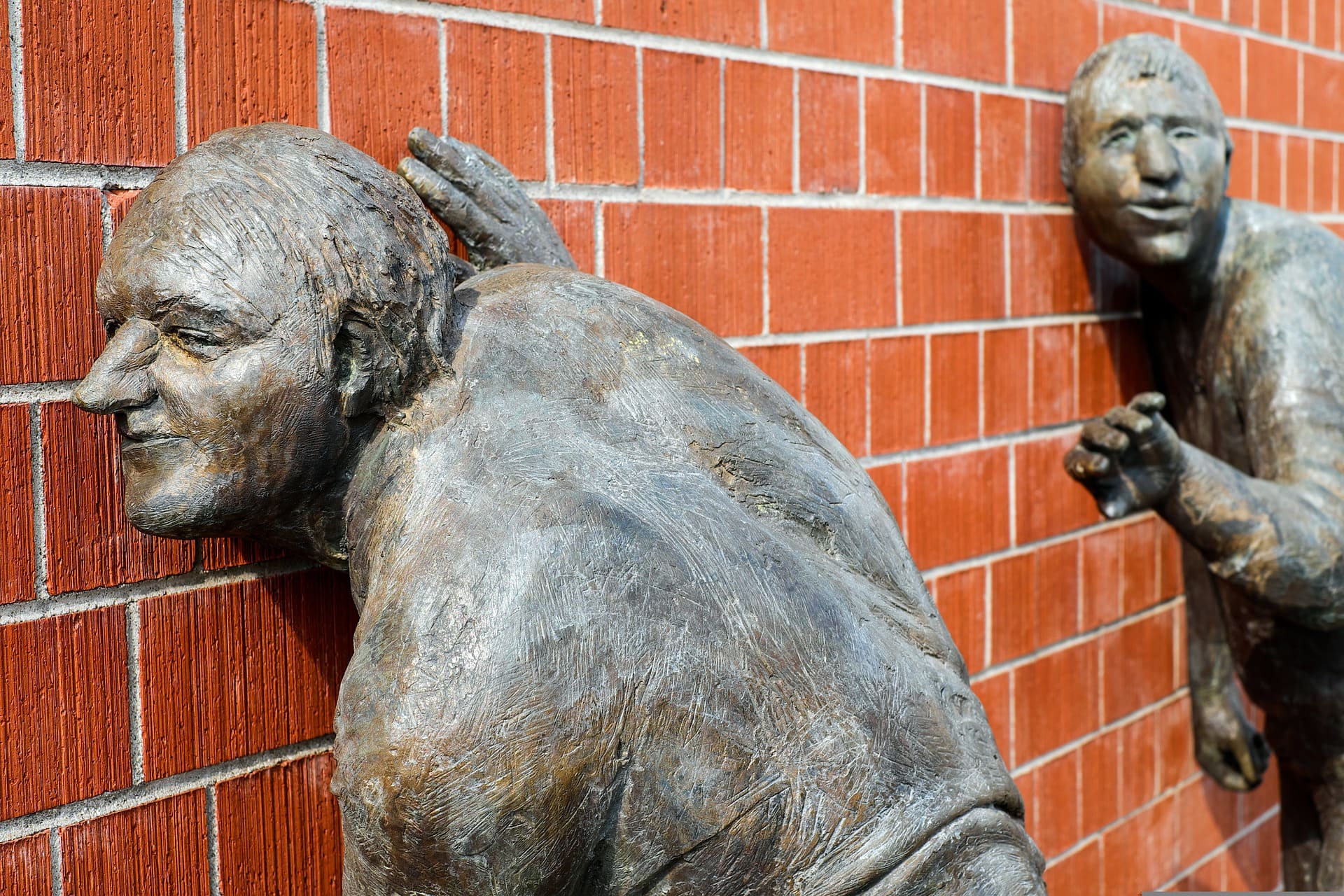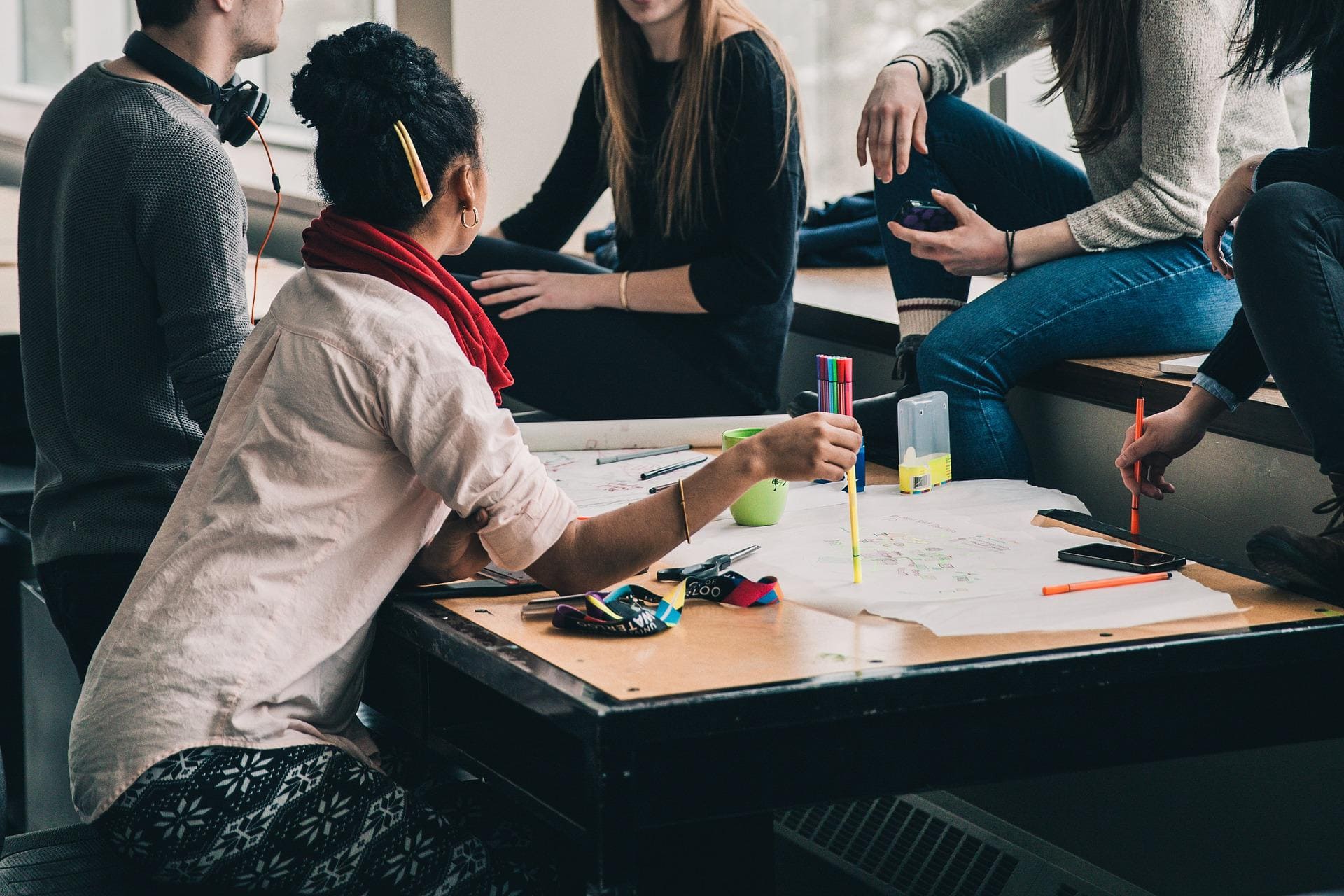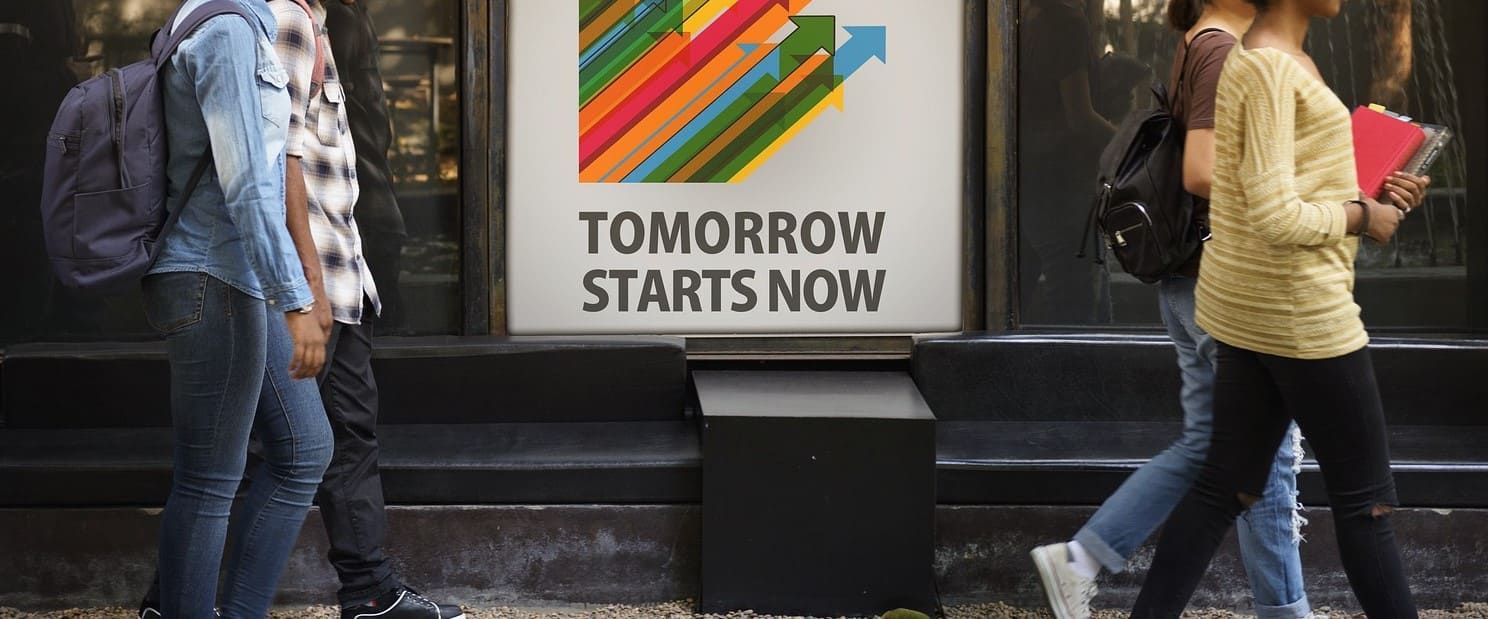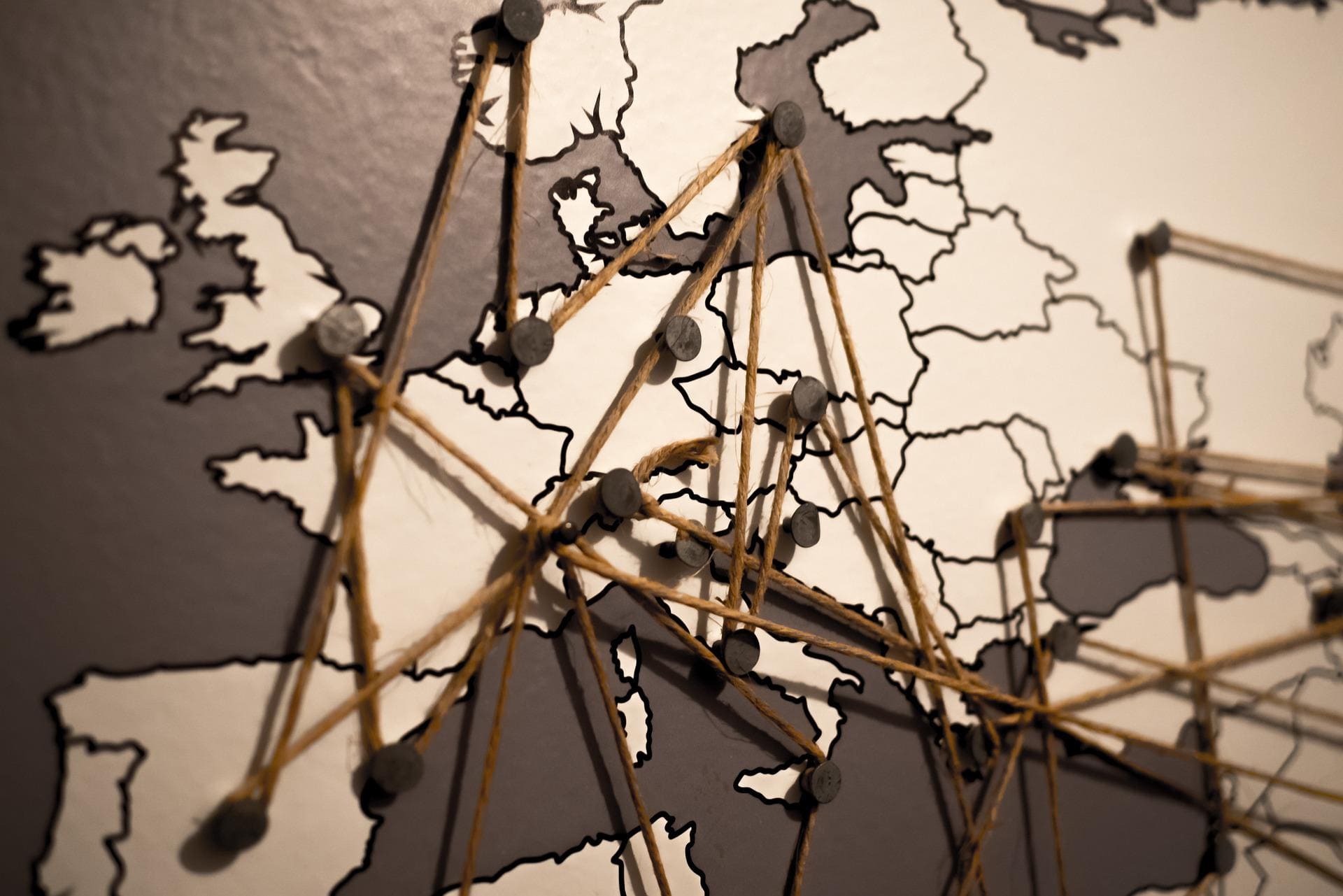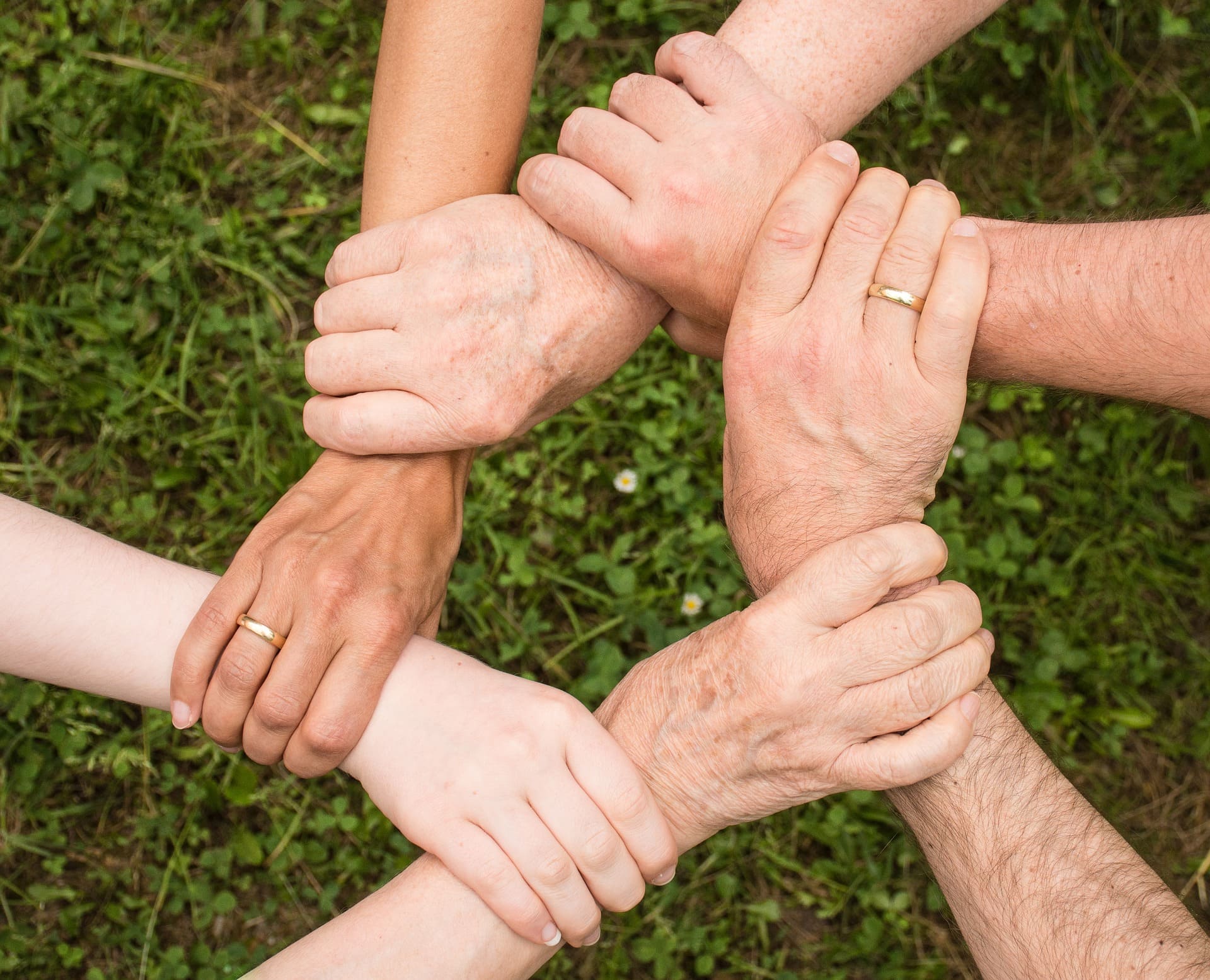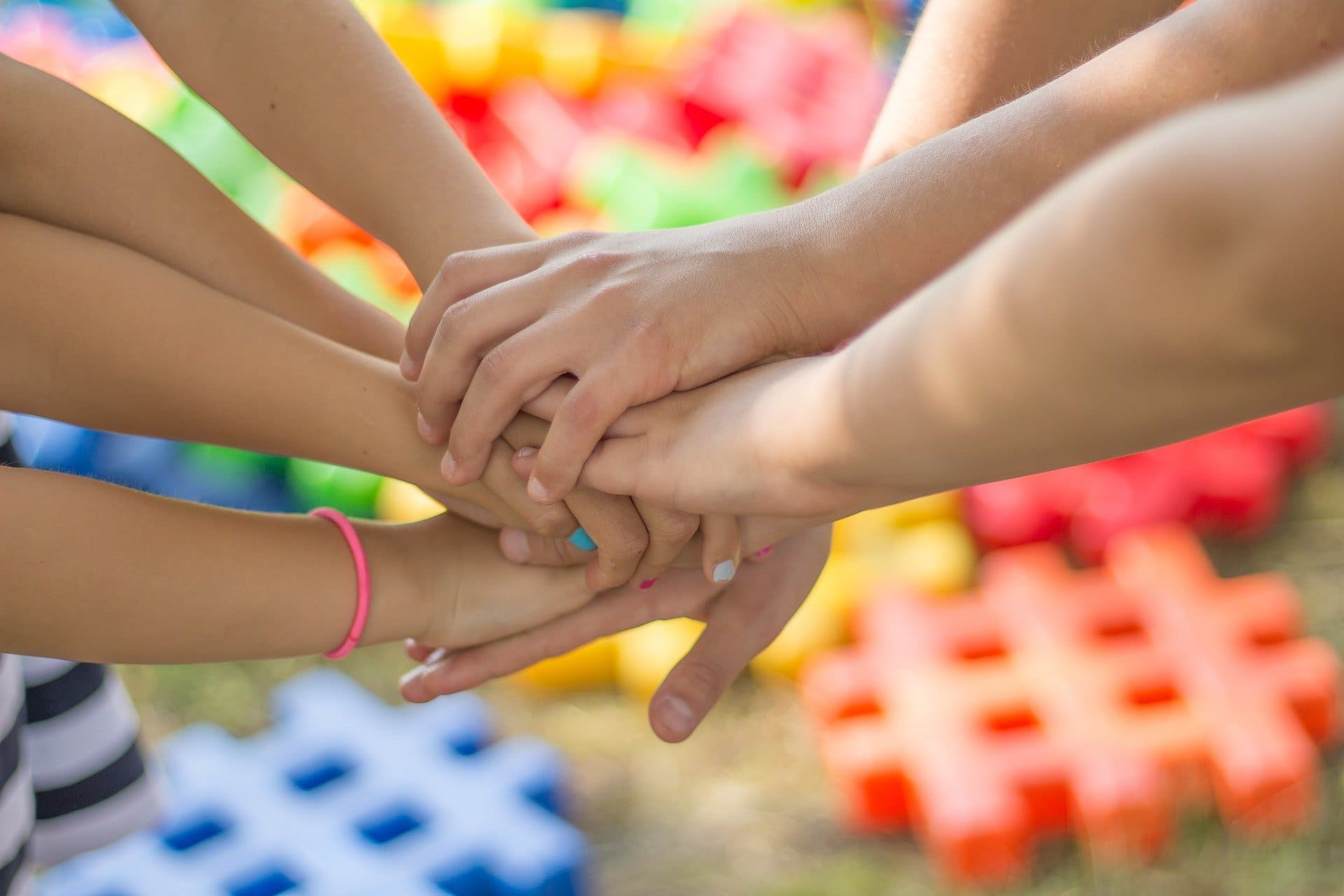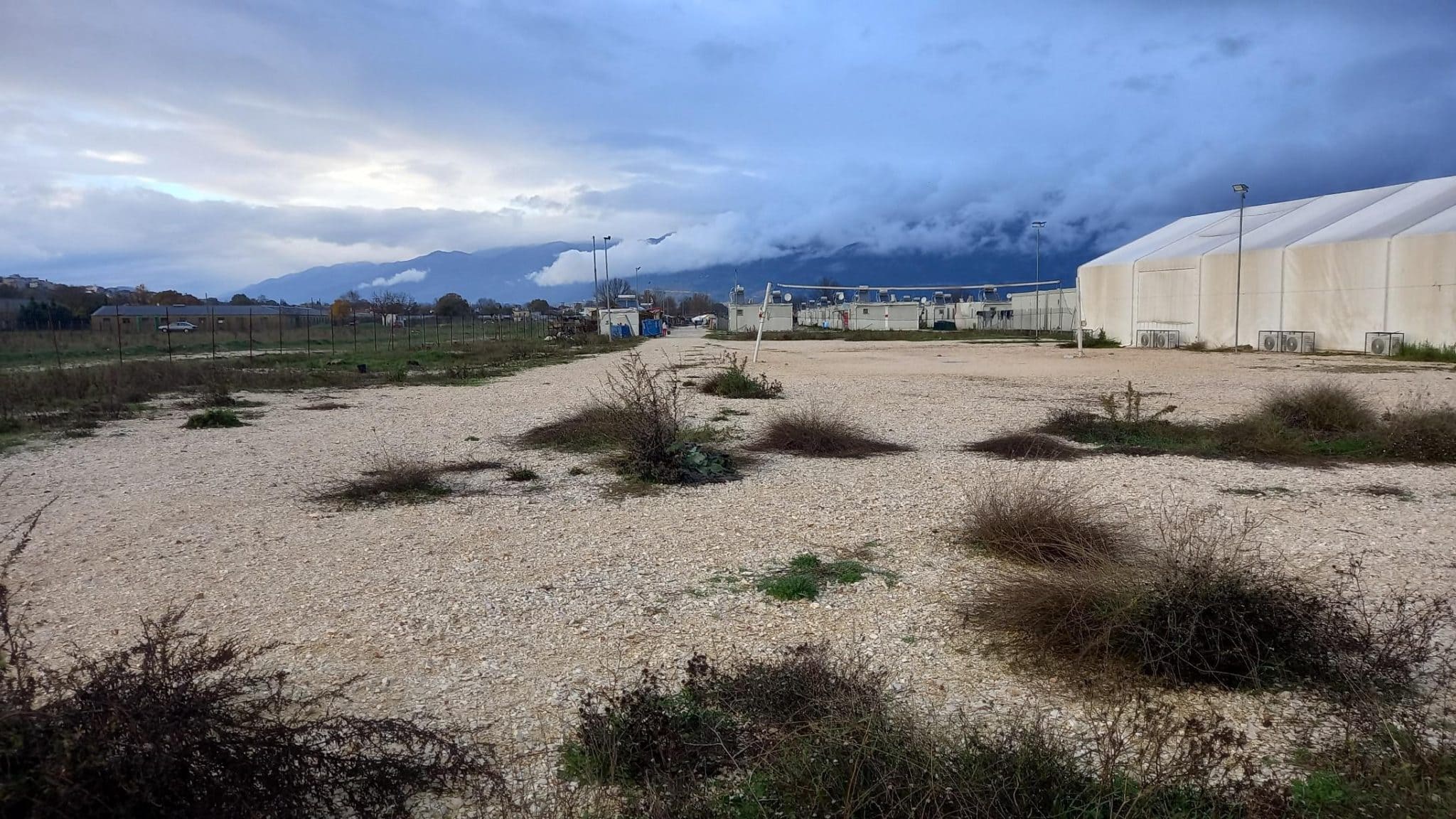
Redeveloping is better than breaking down and rebuilding
The lands around us are full of history, and a great deal of this history is embodied by the old buildings. The term “history” means not only epic battles to be told, armies, fortresses and monuments. There is a humbler history behind them, that is the simple and genuine history of the common folk, which still lives thanks to the walls of the houses that hosted people in the past. These simple examples of cultural heritage are too often left to rot by the roadsides and in the middle of our countryside, just because their redevelopment is considered economically inconvenient. In the meantime, those great monsters of iron and steel that we call bulldozers and cranes keep on binging on our green areas. Immense chasms open up and entire fields become new, clean pours of concrete on which new living hives, often of dubious taste, are built. Restoring and recovering old buildings has a double value and gain: in the first place we do not further disfigure the landscape stealing land from the Earth, and secondly, we keep our tradition alive. Redeveloping is better than breaking down and rebuilding. The voracity with which thousands of hectares of land disappear under the hunger for new buildings is frightening, especially in places and times in which buildings are not lacking and, indeed, they watch us as they yield under the weight of the owners’ carelessness.
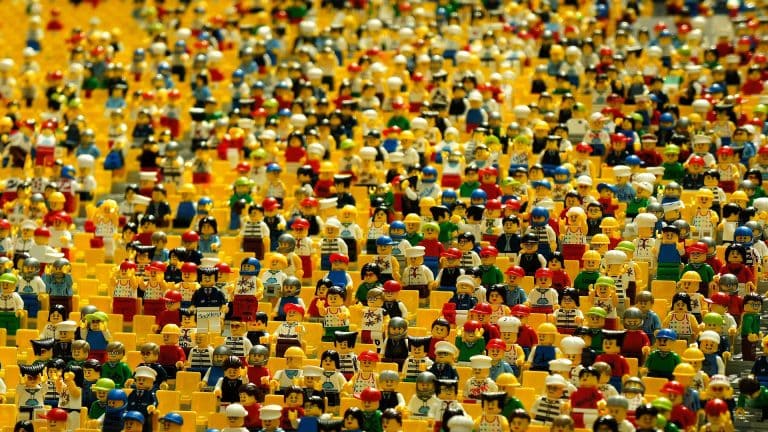
Can we really be inclusive?
We often talk about inclusion when it comes to matters like migrants and/or refugees, but…Are we actually inclusive? Saying and doing are two very different things, and also social issues like inclusion are difficult to be applied. Words play a fundamental role in the spreading of an idea, or a message, but they are not enough: concrete actions are needed to make real changes. Inclusion is important in every context, the most unimaginable, and even towards people we would never deal with. Including means mutually enriching, it implies letting those people who belong to a completely different social reality discover our everyday life; and in turn, we become guests of the everyday life of other people. The more we are different from each other, the more potential for mutual enrichment settles down. Including: adding new elements. Including does not take anything off anyone. Including is both giving and taking. It is the only way to approach our present society fairly. The rest is just fears dictated by non-knowledge. We need to approach what is new and different to break down the wall of fear. If we only approach matters and people reflecting us, there will not be any personal and social enrichment. It would be a continuous dead-end agreeing with ourselves.
